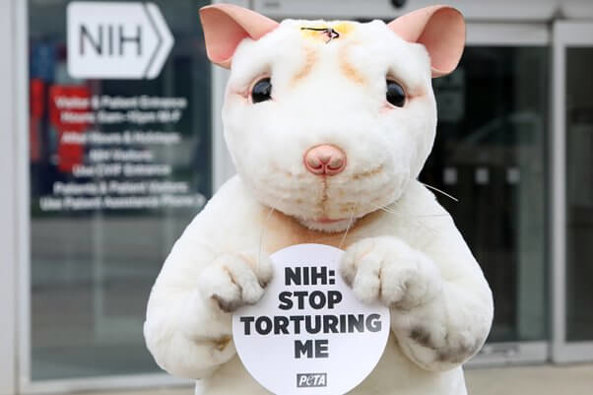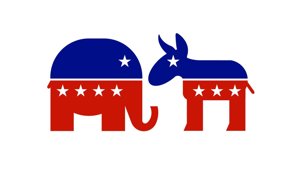
Lawmakers, PETA Push NIH to End Funding for Foreign Animal Testing
PETA and GOP lawmakers press NIH to stop funding animal experiments abroad, citing ethics and lack of oversight.
GOP Lawmakers and PETA Target Overseas Animal Experiments
Republican lawmakers are joining forces with People for the Ethical Treatment of Animals (PETA) to demand the National Institutes of Health (NIH) halt funding for animal experiments conducted in foreign laboratories. In a letter addressed Thursday to NIH Director Dr. Jay Bhattacharya, Representatives Troy Nehls of Texas and Senator Rick Scott of Florida highlighted their deep concerns regarding oversight failures and inadequate animal welfare standards at certain overseas facilities.
The bipartisan Cease Animal Research Grants Overseas (CARGO) Act, led by Nehls, Scott, Representative Dina Titus (D-Nev.), and Senator Cory Booker (D-N.J.), seeks to prohibit NIH from awarding grants for animal testing outside the United States. The legislation aims to ensure that taxpayer funds are not used for what critics describe as cruel and unnecessary animal research in environments lacking robust regulation.
According to the lawmakers' letter, the investigations uncovered disturbing practices, including the genetic alteration of cats to produce deformities, infecting bats with deadly diseases transmissible to humans, and force-feeding mice human feces. The lawmakers underscored that there are little to no inspections or proper auditing at these foreign sites, which has resulted in significant lapses in accountability.
“It is deeply concerning that American taxpayer dollars have been used to fund harmful and abusive animal experiments overseas that lack the same oversight and accountability as labs here in the United States,” wrote Nehls and Scott. “It is a waste of resources that should be allocated to more ethical and effective research practices that do not involve animals.”
PETA Investigation Spurs Legislative Action
PETA Senior Vice President Kathy Guillermo praised the lawmakers for leading the CARGO Act, stating the initiative represents a major step toward ending wasteful animal experiments abroad and supports a transition to modern, non-animal research methods. Guillermo emphasized the organization’s commitment to working with lawmakers to ensure that U.S. taxpayer money is not spent on unethical research.
The introduction of the CARGO Act follows a PETA investigation into the Caucaseco Scientific Research Center in Colombia. The laboratory, which reportedly received more than $17 million in U.S. funding, was found to be in violation of animal care standards. PETA’s findings revealed that monkeys were confined in unsanitary conditions, left untreated for infected wounds, and that mice were subjected to starvation and cannibalism.
As a result of PETA’s investigation, local authorities launched multiple probes, 108 monkeys and 180 mice were rescued, and a research publication was retracted. Despite the exposure of these abuses, the NIH under the previous administration had encouraged continued funding for such research, according to PETA.
“The letter’s request for NIH to immediately cease funding animal experiments in foreign labs is a crucial step toward protecting animals and ensuring taxpayer dollars are used responsibly,” Guillermo stated. She added that PETA remains steadfast in advocating for legislative and policy changes prioritizing ethical and practical research alternatives.
The proposed legislation and accompanying advocacy mark a significant move in the national debate over the ethics of animal research, oversight of federal funding, and the direction of American scientific practices. As lawmakers seek bipartisan support for the CARGO Act, the NIH faces increased scrutiny to align its funding policies with ethical standards and public accountability.






